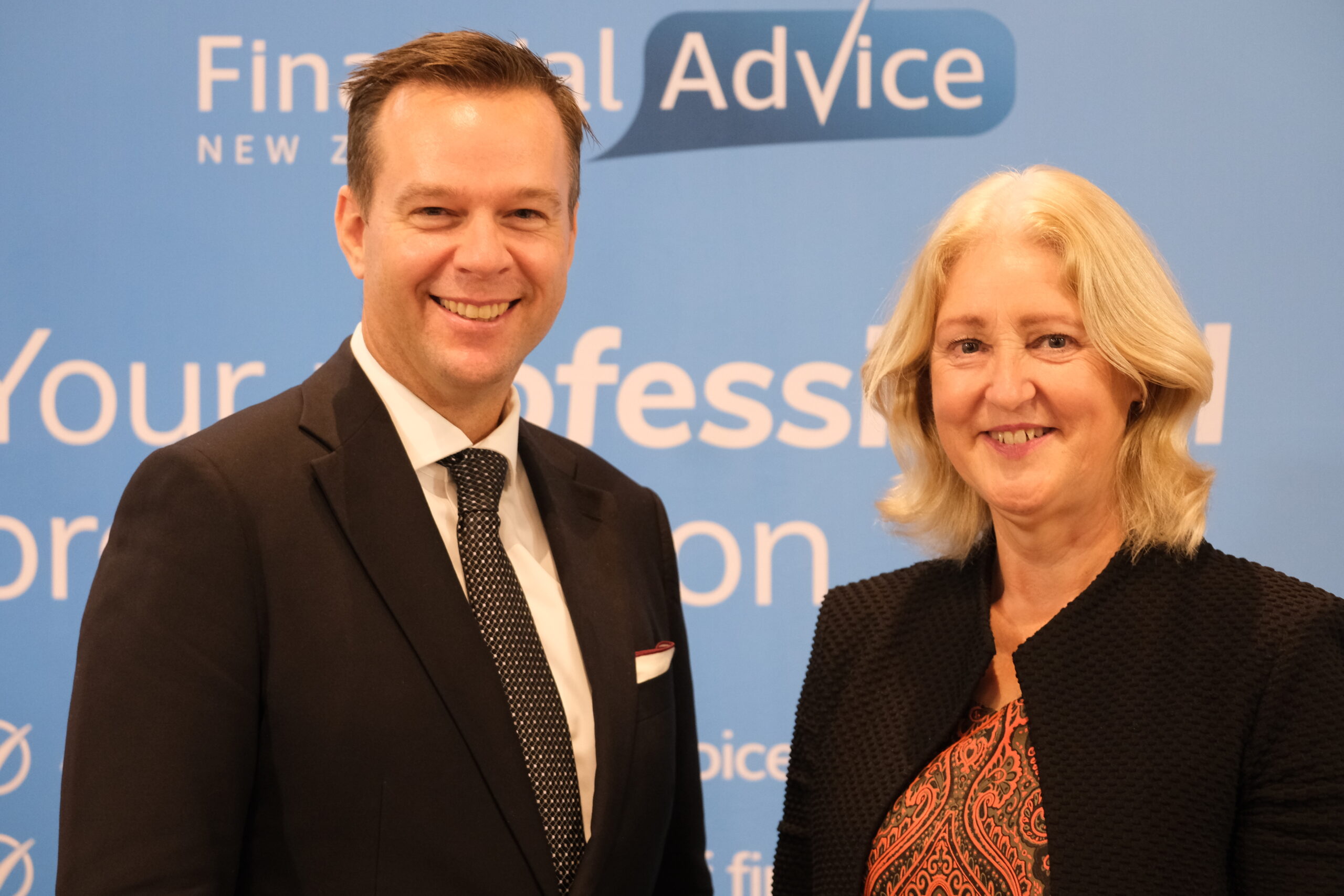Prenup – it’s a word with negative connotations.
Short for “prenuptial agreement”, and also referred to as a “Contracting Out Agreement”, it’s a legal contract normally signed before marriage that covers distribution of assets in the event of divorce. But it immediately conjures up thoughts of distrust or of a relationship that’s not going to last: “Why? Don’t you trust me?” or “Don’t you think we’re going to last that long – thanks!”
But is that the right or sensible reaction?
Prenup is a term we have typically associated with Hollywood and the rich and famous who have lots of cash in the bank and loads of property, flash cars, and big boats.
But now, prenups are being more and more associated with those with more modest means. Anecdotally, it’s becoming increasingly popular in New Zealand, particularly among millennials.
Two factors seem to be driving the increase: people are getting married later, so are entering relationships with more assets (and debt), thanks in part to the property boom, while many millennials are children of divorce, so they’ve seen what it does and are more inclined to think ahead and want to protect their hard-won assets.
Because that’s all prenups do. They’re about agreeing, usually before marriage, on how assets would be distributed should something go wrong with the relationship. Drawn up by lawyers (ideally one for each partner), a prenup protects the assets each person had before the relationship. But they can include assets that build up during a relationship, should a couple continue to run businesses or accumulate assets independent of each other.
Assets can include anything that’s part of the relationship: as well as houses, businesses, cars and boats, you could add intellectual property and even pets.
Prenups can also protect each party from having to pay half the other’s debts, such as a huge student loan.
And a prenup-type agreement doesn’t have to involve marriage. You could agree on one if you’re entering a long-term relationship with no or immediate plans to get married.
Whatever the circumstances, the idea is to avoid acrimonious and expensive court battles. The biggest advantage is that the couple, not the court, decides what happens if things take a turn for the worse .
It’s never too late to do a prenup, as long as the relationship hasn’t ended. It’s important to remember that without a prenup, a couple that’s been together for three years – married or not – will each be entitled to a half share of everything. And the longer it’s delayed, the more expensive the process will be as the lawyers will need more time to determine who contributed what.
Prenups can also be valuable where previously married couples get together later in life. Like later-marrying millennials, there are usually more assets accumulated, but unlike millennials, there are also children from the previous marriages to consider. In such cases, a prenup can protect their inheritance.
I have a friend whose father formed a relationship with a woman years after their partners died, and he sold his house and moved into hers. They agreed that when one of them died the other could continue living in the house, and the assets would not be divided for their children until the other died. As it happened, she died first, and when he died years later, her children received the proceeds of the sale of the house, minus the cost of the roof replacement and other maintenance he had paid for, which went to his children along with his savings from the sale of his house earlier.
None of this was in writing (though the children knew about it), and it could have become unstuck and costly if one of the children had contested any aspect of it. In the event, the estate was settled without a hitch and everyone was happy, but my friend still wonders if that was just luck, and some sort of written agreement would been much more sensible.
For some, a prenup is about peace of mind and the sensible thing to do, knowing the things you worked hard for are protected.
For others, just mentioning it evokes suspicion of distrust. After all, people planning to marry are in love and don’t want anything to get in the way. And the foundation of relationships after love is trust.
In the end, it’s all about untangling assets and believing it’s not an issue of trust, rather about making it easier if something happens down the track.
There’s no doubt that initial conversation would be awkward, but the best advice I’ve seen is if you’re considering it, don’t bring it up just before the wedding. There’s nothing worse than making it look like a condition of the marriage. That could be a real passion killer.








